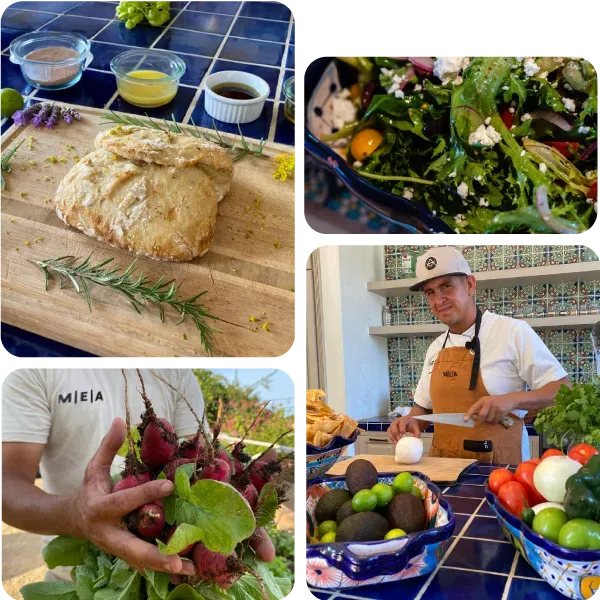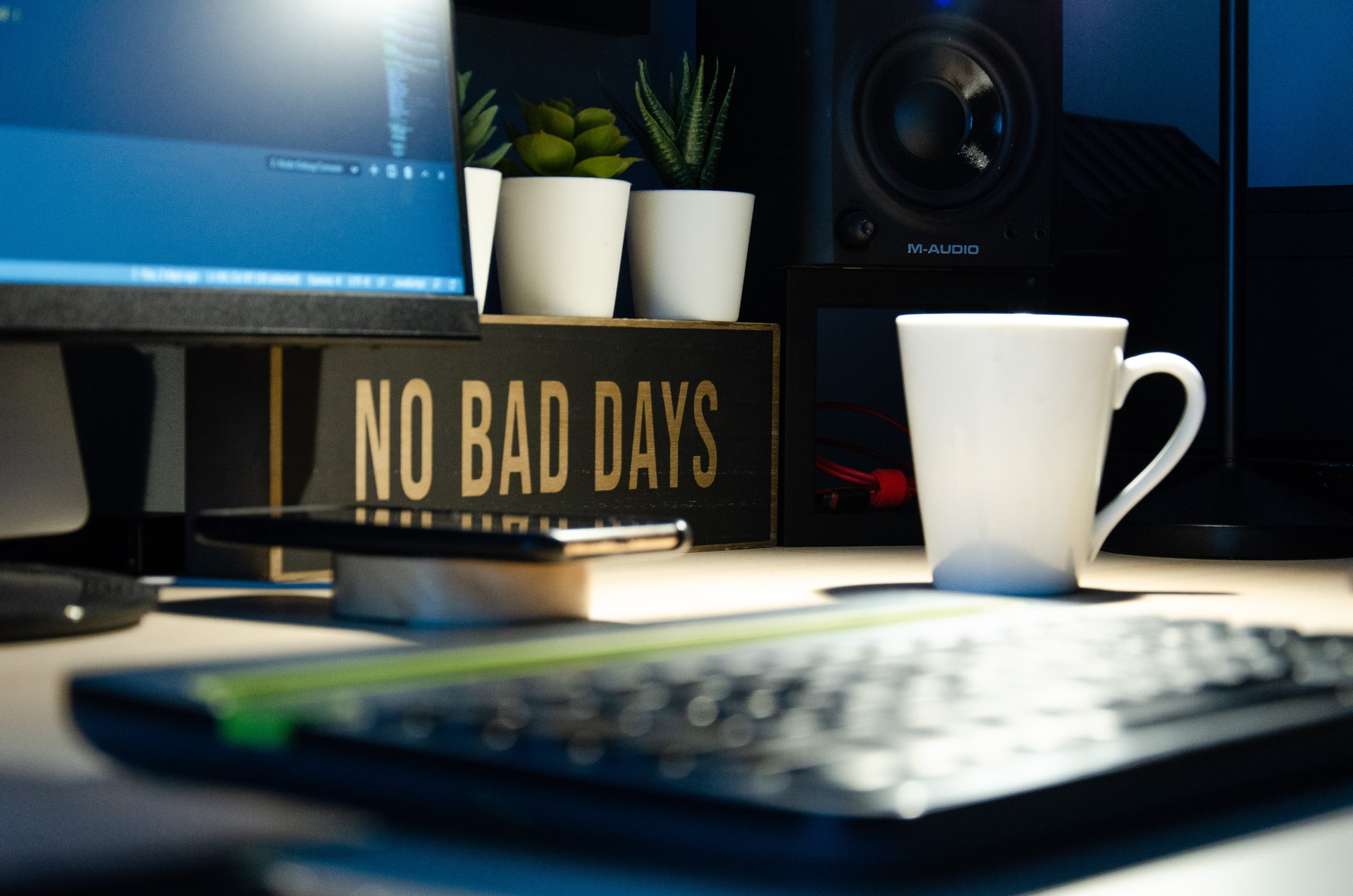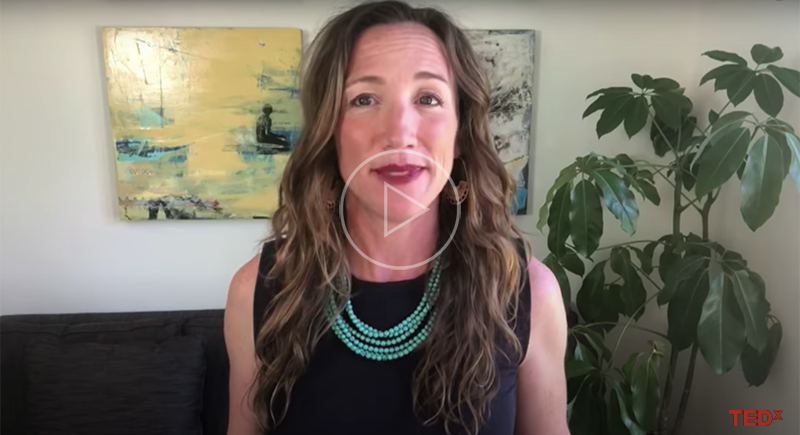Burned out? Do you feel like your life is lacking meaning? Are you longing for fulfillment? Do you struggle with self-doubt or worry? Or just more time to focus on what matters most? Do you even know what matters most anymore? I would love to help you!
Please join me for a 5-day retreat from February 17 – Feb 22, 2025 in Santa Fe, New Mexico. Hosted at MEA, a boutique luxury retreat center near historic Santa Fe, you’ll enjoy a boutique luxury hotel experience and nearly 2,600 acres of wildlife, hiking trails in the arroyo, ancient petroglyphs, and awe-inspiring beauty.
What You’ll Gain
Through a combination of our MEA Cultivating Purpose curriculum and science-based experiential activities, you will:
- Reconnect with who you are and who you hope to become in your life’s next chapter
- Discover what the science says about happiness and meaning and how these things change as we get older
- Clarify what purpose and wellbeing look like for you (everyone is different)
- Identify your unique strengths and attributes that can help you live your purpose
- Discover how the stories you tell yourself about yourself are shaping your life — often unconsciously
- Release old beliefs and behaviors that are holding you back from becoming who you are
- Discover research-based practices for tapping into your hidden potential at any age
- Form new purpose-driven habits and behaviors that help you show up in a new way
- Learn proven strategies for feeling grounded and centered even in the face of uncertainty, difficulty, or loss
- Find the confidence to take brave action and move beyond your comfort zone
- Clarify your vision for a purpose-driven life that delights and fulfills you
- Unlock the courage to move into meaningful action and make your vision a reality
- By the end of your five days with Christine and the MEA faculty, you will be bursting with confidence, clarity, and excitement to start living your purpose more fully in the world.
You will feel energized and empowered and hopeful about your future – and inspired to show up in the world as the fully realized person you’ve always had the potential to become.

About MEA
If you haven’t been to an MEA getaway before, you are in for a treat. Close to historic Santa Fe, MEA’s Rising Circle Ranch is an upscale regenerative ranch featuring traditional Pueblo architecture and spanning nearly 2,600 acres of wildlife, hiking trails in the arroyo, with ancient petroglyphs, and awe-inspiring beauty. We’ll be able to take advantage of all that this beautiful retreat center has to offer, including boutique luxury accommodations, locally sourced, chef-prepared seasonal meals, daily meditation and movement classes, and festive gatherings to cultivate connection. The icing on the cake? Big-sky desert country, breathtaking nature, interaction with horses and donkeys, evenings around the campfire and star-gazing.
Space is limited; we anticipate that this retreat will fill up fast.
Christine’s wisdom is a perfect alchemy of deep and broad knowledge of the research, the science behind the how and why of who we are, and an intuitive, grounded, and empathetic connection to the humanity that hums through each of us. I felt such trust in the spaces she created, and joy in wonder in the learning she guided us towards. I left not only with an abiding sense purpose, but also with the understanding that I had a forever resource in Christine. Her workshop was life-changing in the best possible way.
— Blossom Beatty, Ojai, California
“Christine gently guides you through mind-blowing exercises that help you reflect on your strengths, desires, and what makes you feel alive in the pursuit of cultivating purpose. The real beauty of Christine’s approach is that she’s not just instructing—you’re on this journey together. She shares her own vulnerabilities and works through the MEA curriculum alongside her students. It’s a safe space to explore whatever arises, leaving you with a sense of direction and optimism.”
— Julie DeLoca, New York, New York
“Christine’s workshop was incredible. I have read her books and though I knew what this would be like (amazing) but it was SO much more than I even dreamed. It was amazing times 100,000,000.”
— Laura Beth Neilsen, Evanston, IL
Christine Carter has rock-star allure. She is analytical, creative, pragmatic, sharp, goal-driven, and sensitive. I was lucky enough to attend her MEA seminar, ‘Reconnect with what you are and what you want,’ which helped me realize that I can mastermind my own life. And now, after years of doubting, thinking, wanting, and wishing, I am well on my way.
— Margriet Krijgsman, The Hague, Netherlands
As a long-time admirer of Christine Carter’s research and writing, I entered the week at MEA with high expectations, all of which were not only met but exceeded. Christine has an extraordinary ability to foster a truly transformative experience, blending her wisdom, engaging interaction, and practical tools. I left with not only a clear plan, but also a profound sense of purpose and clarity. Her workshop was nothing short of magical.
— Hope Wisneski, Denver, CO














